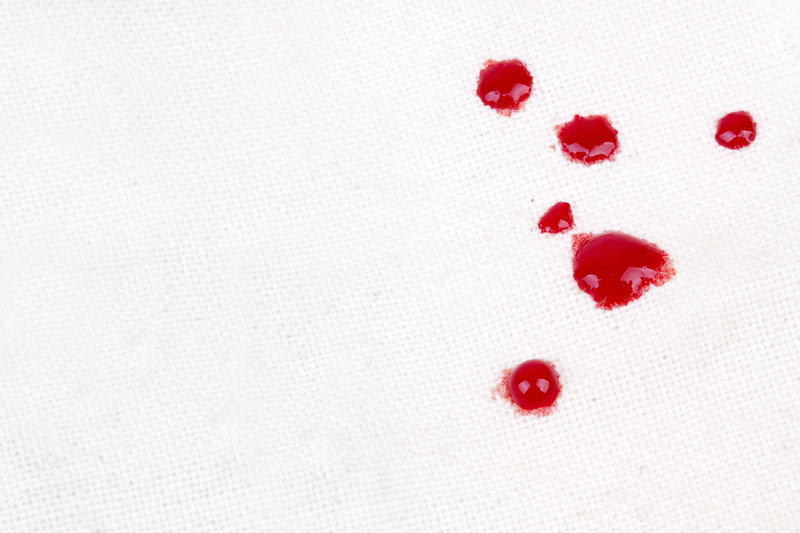Easy Methods to Tackle Limescale and Hard Water Issues in Your Bathroom
Posted on 24/07/2024
Hard water and limescale buildup are common problems that many homeowners face in their bathrooms. These issues not only make your bathroom look dirty and unappealing, but they can also cause damage to your fixtures and pipes over time. If you live in an area with hard water, it's important to take proactive measures to prevent limescale buildup and maintain a clean and functional bathroom. In this article, we will discuss easy methods to tackle limescale and hard water issues in your bathroom.
Understanding Hard Water and Limescale
Before we get into the methods of tackling these problems, it's important to understand what hard water and limescale are. Hard water is water that has a high concentration of minerals such as calcium and magnesium. When this water evaporates, it leaves behind mineral deposits which form a hard, chalky substance known as limescale. Limescale often appears as a white or off-white film on surfaces like faucets, showerheads, and tubs.

Using Vinegar for Natural Cleaning
One of the easiest and most effective ways to remove limescale buildup is by using vinegar. The high acidity of vinegar makes it perfect for breaking down mineral deposits without causing any damage to your fixtures. Simply mix equal parts of vinegar and water in a spray bottle and apply it to the affected areas. Let it sit for 10-15 minutes before wiping it off with a sponge or cloth.
Install a Water Softener
If you have hard water in your home, installing a water softener can be a long-term solution to preventing limescale buildup. A water softener works by removing the minerals from the water through an ion exchange process, effectively softening the water. This will not only prevent limescale but also improve the overall quality of your water.
Regularly Clean and Maintain Fixtures
Prevention is key when it comes to tackling limescale issues. Make sure to regularly clean and maintain your bathroom fixtures to prevent limescale buildup. Use a mild cleaner and a non-abrasive scrubber to gently clean surfaces like faucets, showerheads, and tubs. You can also use a squeegee after every use of the shower or bath to remove excess water and prevent mineral deposits from forming.
Get Professional Help
If you have severe limescale buildup in your bathroom, it's best to seek professional help. A plumber or cleaning service can use specialized tools and techniques to remove stubborn limescale buildup effectively. They may also be able to identify any underlying issues with your plumbing that could be contributing to the problem.
The Pros and Cons
There are both pros and cons when it comes to tackling limescale and hard water issues in your bathroom. Some pros include having a clean and functional bathroom, preventing potential damage to your fixtures, and improving the overall quality of your water. However, using harsh chemicals or installing a water softener can have some cons such as added expense and potential environmental impact.
Tips for Maintaining a Limescale-Free Bathroom
- Use distilled white vinegar or lemon juice on a regular basis to prevent limescale buildup.
- Install a water softener if you live in an area with hard water.
- Regularly clean your fixtures with mild cleaners and non-abrasive scrubbers.
- Wipe down surfaces after every use of the shower or bath.
- Seek professional help for severe limescale issues.

Takeaways
Limescale and hard water issues in your bathroom can be easily tackled by using natural cleaning methods like vinegar, installing a water softener, regularly maintaining fixtures, and seeking professional help when needed. Taking proactive measures will not only keep your bathroom looking clean and functional but also save you from potential damages and expenses in the long run.
Conclusion
Dealing with limescale and hard water issues in your bathroom may seem like a daunting task, but with these easy methods, you can easily tackle them. Remember to regularly clean and maintain your fixtures, use natural cleaning agents like vinegar, and consider installing a water softener if you have hard water in your home. By taking these steps, you can keep your bathroom looking clean and functioning properly for years to come.





